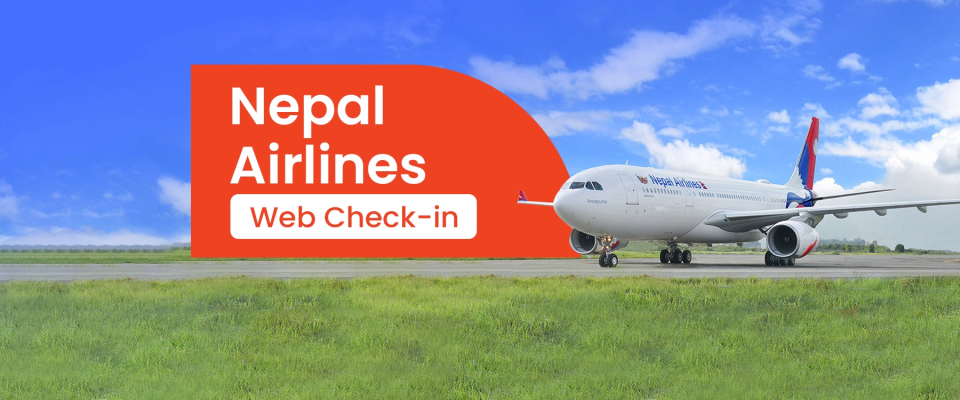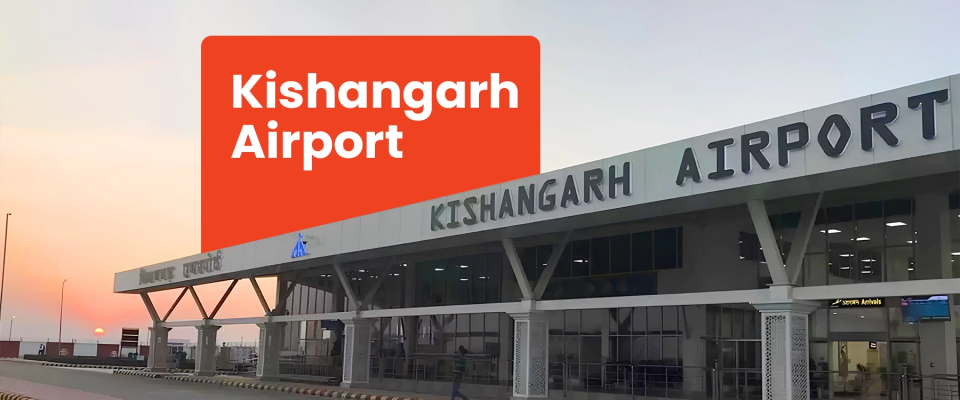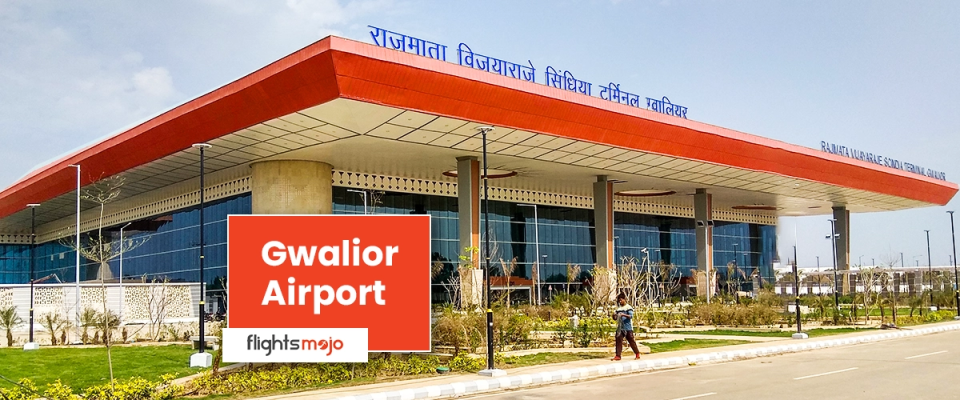Travelling during pregnancy can be an exciting adventure but it does require a little extra planning to ensure the safety of both you and your baby. Whether it’s a short weekend getaway or an international trip, travelling while pregnant can be both enjoyable and stress-free if you know what to keep in mind. FlightsMojo is here with a complete guide, full of tips, insights and practical advice to make your journey as comfortable and worry-free as possible.
Pregnancy brings changes that require special attention when travelling. From understanding airline rules and taking necessary health precautions to planning meals and staying active, every detail matters. With the right guidance the expected mom can enjoy the freedom to explore while being safe and comfortable on their journey.
The timing of your travel is one of the most important factors for ensuring a safe and joyful experience. Most healthcare professionals recommend the second trimester, between 14 and 28 weeks as the ideal period for travel during pregnancy. During these months, common symptoms such as nausea and fatigue usually subside and mobility is easier, allowing you to move freely without discomfort.
In contrast, the first trimester may present challenges due to morning sickness, fatigue and a slightly increased risk of miscarriage. Travelling during this time is possible but it requires careful planning, frequent rest breaks and attention to your body’s signals.
The third trimester, particularly after 28–32 weeks, can be physically demanding. Swollen ankles, back pain and fatigue are common and the risk of preterm labour rises. Many airlines enforce strict pregnancy flight policies, often requiring a doctor’s note after 28 weeks and limiting travel beyond 36 weeks.
If you are carrying multiples or have medical conditions such as preeclampsia, gestational diabetes or high blood pressure, consulting your OB-GYN before planning any journey is essential. They can advise on safe travel options which recommend precautions and help you create a personalised plan to protect both you and your baby.
By choosing the optimal travel window, you will not only maximise comfort but also minimise risks while making your trip an enjoyable experience instead of a stressful one.
Right preparation is the foundation of safe and worry-free travel during pregnancy. Begin by scheduling a prenatal check-up 4–6 weeks before your departure. This allows your healthcare provider to:
Conveying a copy of your medical records and prescriptions is crucial. In emergencies, this information can help local healthcare providers quickly understand your medical history and provide appropriate care.
Review your travel insurance for pregnancy carefully. Ensure it covers emergency care, preterm labour and flight changes if labour occurs unexpectedly. FlightsMojo emphasises confirming insurance coverage before booking tickets to avoid surprises or unnecessary stress.
Additionally, check airline pregnancy flight policies. Many airlines require a medical certificate after 28 weeks and may restrict travel after 36 weeks. Knowing these rules beforehand ensures smooth check-ins and prevents last-minute complications.
Even in healthy pregnancies, travel carries some potential risks. Being alert of these can help you prepare and mitigate any complications.
Blood Clots and Deep Vein Thrombosis (DVT)
Long periods of sitting, whether on a plane, train, bus or car, increase the risk of deep vein thrombosis (DVT). Pregnancy itself is an additional risk factor. To reduce the likelihood of blood clots:
FlightsMojo advises planning trips that allow movement and selecting seating arrangements that maximise legroom.
Infections and Illnesses
Travel exposes you to new environments, food and water, increasing the risk of infections. Mosquito-borne illnesses such as Zika virus and malaria can be particularly dangerous during pregnancy. Consult your OB-GYN for destination-specific advice, vaccinations and preventive measures. Practising positive hygiene, including frequent hand washing and avoiding unsafe water or uncooked foods, is critical.
Fatigue and Motion Sickness
Travel can be physically draining and pregnancy may amplify fatigue, nausea or motion sickness. Staying hydrated while carrying healthy snacks and taking breaks can help maintain stamina and comfort throughout your journey.
Preterm Labor
While uncommon, preterm labour is a potential risk, particularly after 32 weeks or in multiple pregnancies. Knowing the location of nearby hospitals, carrying your medical records and having an emergency plan ensures quick access to care if needed.
Safe vaccinations and proper medication management are essential for worry-free travel during pregnancy.
Flying During Pregnancy
Air travel is generally safe if precautions are taken. Here are essential tips for expectant mothers:
Following a healthy and balanced diet is important during travel:
Monitoring your health level while travelling is critical. Seek medical attention immediately if you notice:
Always carry your OB-GYN contact and know the locations of local hospitals or clinics.
Travelling internationally adds additional planning requirements:
FlightsMojo emphasises pre-trip research to ensure both safety and peace of mind while exploring new destinations.
By planning carefully and staying informed also following practical safety tips, travelling during pregnancy can be a comfortable, safe and memorable experience. Be sure to consult your healthcare provider, understand airline and cruise regulations, stay hydrated, move regularly and watch for any warning signs. Whether you’re travelling locally or internationally, expectant mothers can enjoy every journey without being stressed.
Safe travel isn’t just about arriving at your destination as its all about making every step of the journey enjoyable while ensuring the health and well-being of both mother and baby. FlightsMojo is dedicated to helping expectant mothers navigate every travel experience with confidence, comfort and complete peace of mind.
1. Is flying generally safe for pregnant women?
Yes, flying is usually safe for healthy pregnant women, especially during the second trimester. However, individual factors like medical conditions or pregnancy complications can make travel riskier, so it’s essential to discuss your plans with your doctor before booking a flight.
2. Which trimester is best for taking a flight during pregnancy?
The second trimester is between 14 and 28 weeks, is typically the most comfortable for air travel. Morning sickness often eases, energy levels improve and mobility is better, making it easier to walk around the cabin and handle luggage.
3. Do airlines require proof of pregnancy?
Many airlines ask for a doctor’s note or medical certificate after 28 weeks, confirming your due date and fitness to fly. Some carriers also have cutoff points, often restricting travel after 36 weeks, so checking airline policies before booking is crucial.
4. What documents should I bring on a flight while pregnant?
Carry your prenatal records, any prescriptions and a doctor’s letter confirming your gestational age. These documents help airline staff and medical personnel respond quickly if any health issues arise during travel.
5. How can I prevent leg swelling and blood clots on a flight?
To reduce the risk of DVT, move around every 30–60 minutes, flex and stretch your ankles while seated and wear compression stockings. Avoid overlapping your legs or sitting in a cramped position for too long. Drinking water regularly also helps maintain circulation.
6. What foods and drinks should I avoid before flying?
Avoid carbonated drinks, heavy meals and foods that cause gas, such as beans and broccoli, as these can cause discomfort during the flight. Instead, eat light, nutritious snacks and drink plenty of water to stay hydrated and energised.
7. How can I stay comfortable during takeoff, landing and turbulence?
Wear loose clothing also use a small pillow for back support and keep your seatbelt fastened under your baby bump. Take deep breaths, adjust your seat upright during takeoff and landing and move your legs gently whenever possible to reduce discomfort.
8. Can flying affect my unborn baby?
For occasional travelers, cabin pressure and mild radiation exposure at high altitudes are generally safe. Most healthy pregnancies are unaffected by air travel but frequent flying should be discussed with your healthcare provider to ensure your baby’s safety.
9. Are long-haul flights riskier during pregnancy?
Long flights over four hours increase fatigue and the risk of blood clots. To minimise risks, walk around the cabin when possible, stretch your legs, wear compression stockings and stay hydrated. Planning layovers for movement breaks can also make the journey safer.
10. Do I need special travel insurance for flights during pregnancy?
Yes, it’s important to have travel insurance covering pregnancy-related emergencies, premature labour and medical care abroad. This ensures you are financially protected and receive timely medical attention if unexpected complications occur.
11. Can women with high-risk pregnancies fly safely?
Some high-risk conditions, such as preeclampsia, a history of preterm labour or carrying multiples, may make flying unsafe. Your OB-GYN can assess your health, provide recommendations and suggest precautions to protect both you and your baby.
12. How should I handle in-flight emergencies while pregnant?
Inform the airline of your pregnancy when booking and carry all medical records. Airlines can provide oxygen, first aid and basic support but serious emergencies may require diversion to the nearest airport with medical facilities. Knowing the nearest airport locations before boarding is wise.
13. Is it safe to wear a seatbelt during pregnancy?
Yes, always wear your seatbelt. Position the lap belt under your belly across the pelvis and the shoulder strap between your breasts. This placement protects both you and your baby during turbulence, takeoff and landing while keeping you comfortable.
14. Do I need vaccinations before international flights during pregnancy?
Certain destinations may require vaccines. Non-live vaccines are usually safe during pregnancy but live vaccines should only be given if essential. Always discuss destination-specific vaccinations with your doctor to protect yourself and your unborn child.
15. How can I prepare for a smooth flight while pregnant?
Plan ahead by consulting your healthcare provider, checking airline policies, booking aisle seats, packing snacks, water and comfortable clothing. Include your medical documents and plan for movement during the flight to maintain circulation and reduce discomfort.









